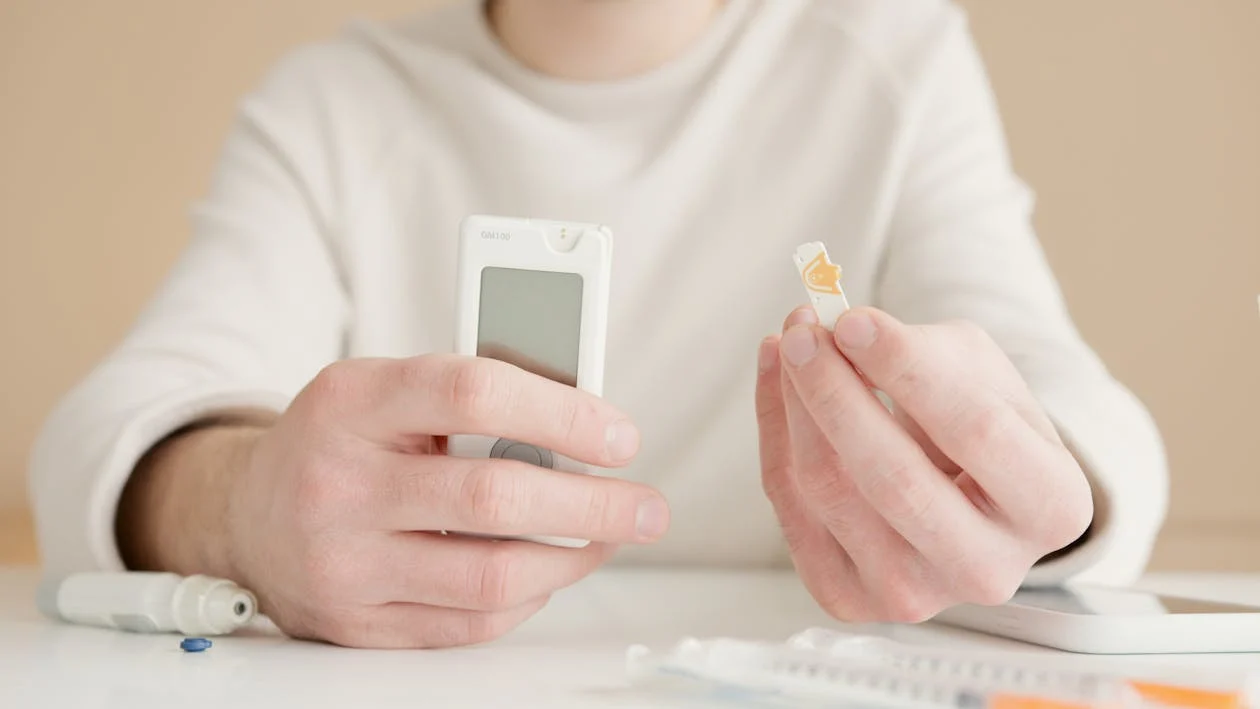Living with diabetes requires careful management of diet, medication, and lifestyle choices, including alcohol consumption. Understanding how alcohol affects blood sugar levels and overall health is crucial for individuals with diabetes. Here’s a comprehensive overview of what you should know about alcohol and diabetes.
Understanding Diabetes
Diabetes is a chronic condition characterized by high blood sugar levels. There are two main types: Type 1, where the body doesn’t produce insulin, and Type 2, where the body becomes resistant to insulin. Both types require careful monitoring of blood glucose levels, often necessitating dietary adjustments, exercise, and medication.
How Alcohol Affects Blood Sugar
- Immediate Effects: Alcohol can cause blood sugar levels to fluctuate. Initially, it may lead to an increase in blood sugar due to the sugars present in some alcoholic beverages. However, as the liver metabolizes alcohol, it can lead to a drop in blood sugar levels, especially if consumed without food.
- Hypoglycemia Risk: For people with diabetes, especially those on insulin or certain oral medications, consuming alcohol can increase the risk of hypoglycemia (low blood sugar). This is particularly dangerous because symptoms of hypoglycemia—such as confusion, dizziness, and sweating—can mimic the effects of alcohol intoxication.
- Long-Term Effects: Chronic alcohol consumption can affect the liver’s ability to produce glucose, leading to more significant fluctuations in blood sugar levels over time. It may also contribute to weight gain, which can exacerbate insulin resistance in Type 2 diabetes.
Recommendations for Safe Alcohol Consumption
- Consult Your Healthcare Provider: Before making any changes to your alcohol consumption, discuss your drinking habits with your doctor or a registered dietitian, particularly if you take insulin or other diabetes medications.
- Monitor Blood Sugar Levels: If you choose to drink alcohol, monitor your blood sugar before, during, and after consumption to understand how your body reacts.
- Eat Before Drinking: Consuming alcohol with food can help stabilize blood sugar levels and reduce the risk of hypoglycemia. Aim for a balanced meal that includes carbohydrates, protein, and healthy fats.
- Choose Your Drinks Wisely: Opt for drinks with lower sugar content. Dry wines, spirits with low-calorie mixers, and light beers are generally better choices than sweet cocktails or sugary beverages.
- Limit Consumption: The American Diabetes Association suggests that if you choose to drink, moderation is key—up to one drink per day for women and two drinks per day for men.
- Know the Signs of Hypoglycemia: Be aware of the symptoms of low blood sugar and have a plan in place. Carry a source of fast-acting carbohydrates, like glucose tablets or juice, in case of an emergency.
Special Considerations
- Medication Interactions: Some diabetes medications can interact negatively with alcohol. For example, sulfonylureas and meglitinides can increase the risk of hypoglycemia when combined with alcohol. Always check with your healthcare provider.
- Alcohol and Other Health Conditions: If you have other health issues, such as liver disease or heart problems, your healthcare provider may recommend stricter limits or abstaining from alcohol altogether.
- Individual Variability: Everyone’s body responds differently to alcohol, and factors such as age, weight, and overall health can influence its effects. It’s essential to listen to your body and adjust accordingly.
Conclusion
While many individuals with diabetes can enjoy alcohol in moderation, it’s important to approach it with caution and knowledge. By understanding how alcohol affects blood sugar and taking the necessary precautions, you can enjoy social occasions without compromising your health. Always stay informed and consult with healthcare professionals to make the best decisions for your diabetes management.

